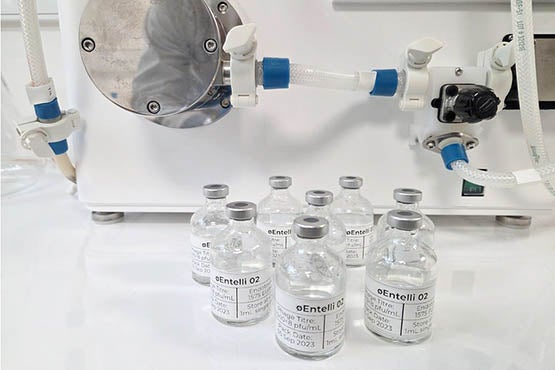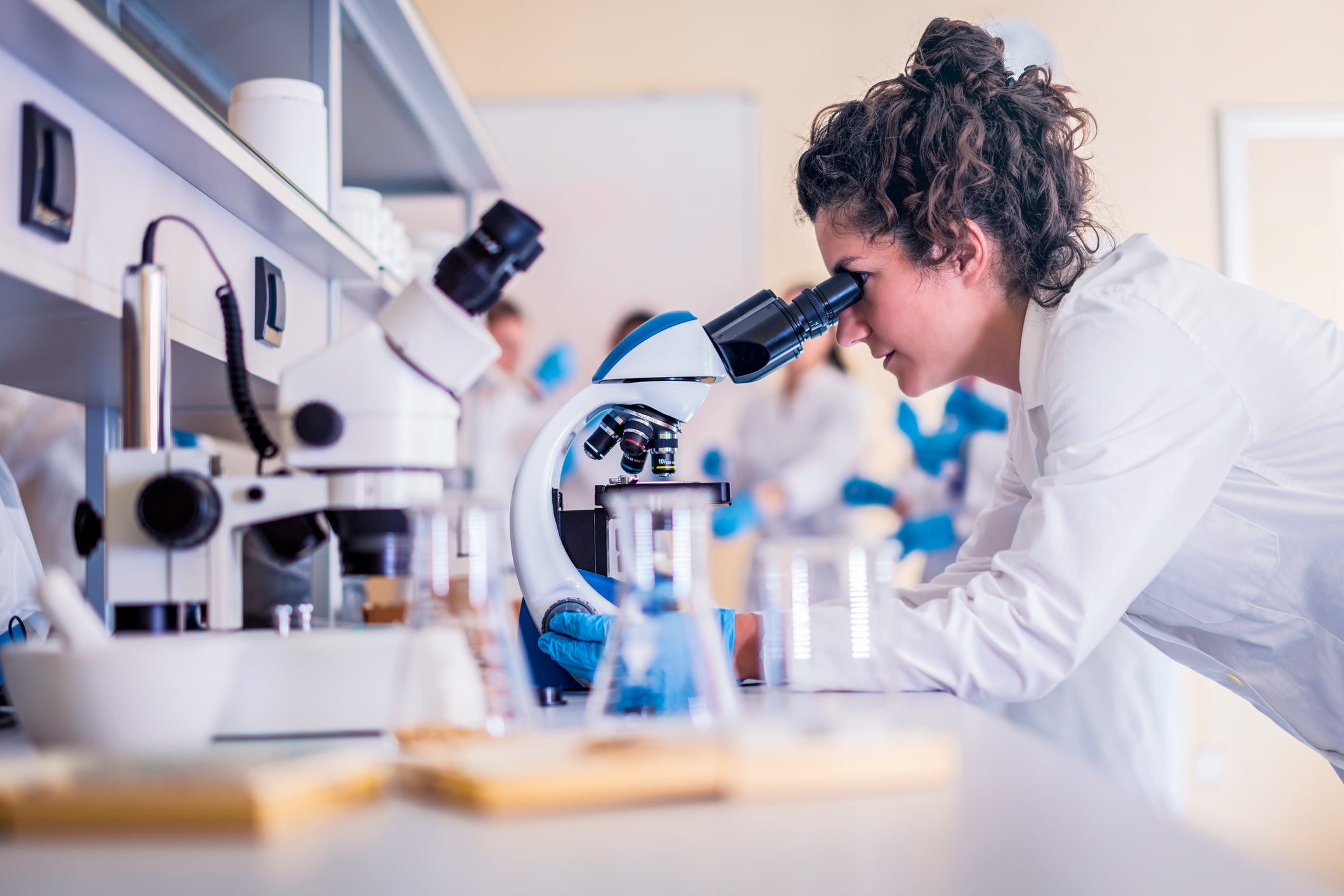Scientists have developed what they call a “virus cocktail” to fight superbugs in a major advance for infectious disease treatment.
Researchers from Monash University and The Alfred, in Melbourne, Australia, have developed a product that uses bacterial viruses, known as ‘bacteriophages’, to combat antimicrobial-resistant bacteria.
The treatment, named Entelli-02, is a five-phage cocktail designed specifically to target Enterobacter cloacae complex (ECC), a group of bacteria responsible for severe, less treatable infections.

“This is the first time we’ve designed and developed a clinical-ready phage therapy product tailored to an AMR bacterial pathogen at a local hospital,” said Professor Jeremy J. Barr, who led the study published in Nature Microbiology.
“Entelli-02 is not just a scientific achievement, it’s a clinical tool built for frontline use against deadly, drug-resistant, bacterial pathogens.”
Enterobacter infections are notoriously difficult to treat and have been linked to over 200,000 deaths globally in 2019.
They have emerged in hospitals around the world and have the capacity to develop resistance to many of the last-line antibiotics.
“Antibiotic resistance is one of the biggest challenges in modern medicine,” Professor Barr said. “With Entelli-02, we’re showing that phage therapy can be precise, powerful, and ready for clinical deployment.”

Using a decade’s worth of bacterial isolates, lead author on the study Dr Dinesh Subedi said the research team developed and produced Entelli-02 through a rigorous process of phage isolation, genetics and preclinical testing.
“We initially began with three phages in our cocktail, but through iterative design, we improved the cocktail by genetically adapting the viruses to expand their host range, followed by selection of two additional phages with improved treatment outcomes,” Dr Subedi said.
“The final product, Entelli-02, contains five phages that can kill a broad range of Enterobacter isolates and reduce bacterial loads in infected mice by over 99 per cent.”
The team are now ready with an “off-the-shelf product” to support the treatment of some of the most difficult infections.

It comes after infection rates from drug-resistant “nightmare bacteria” rose almost 70 per cent between 2019 and 2023, according to a recent report from Centers for Disease Control and Prevention (CDC) scientists.
Bacteria that are difficult to treat due to a particular gene primarily drove the increase, CDC researchers wrote in an article published last Monday in the Annals of Internal Medicine.
Only two antibiotics work against those infections, and the drugs are expensive and must be administered through an IV, researchers said.
Bacteria with the so-called NDM gene were once considered exotic, and linked to a small number of patients who received medical care overseas. Though the numbers are still small, the rate of US cases jumped more than fivefold in recent years, the researchers reported.
“The rise of NDMs in the US is a grave danger and very worrisome,” said David Weiss, an Emory University infectious diseases researcher.
It’s likely many people are unrecognised carriers of the drug-resistant bacteria, which could lead to community spread, the CDC scientists added.
